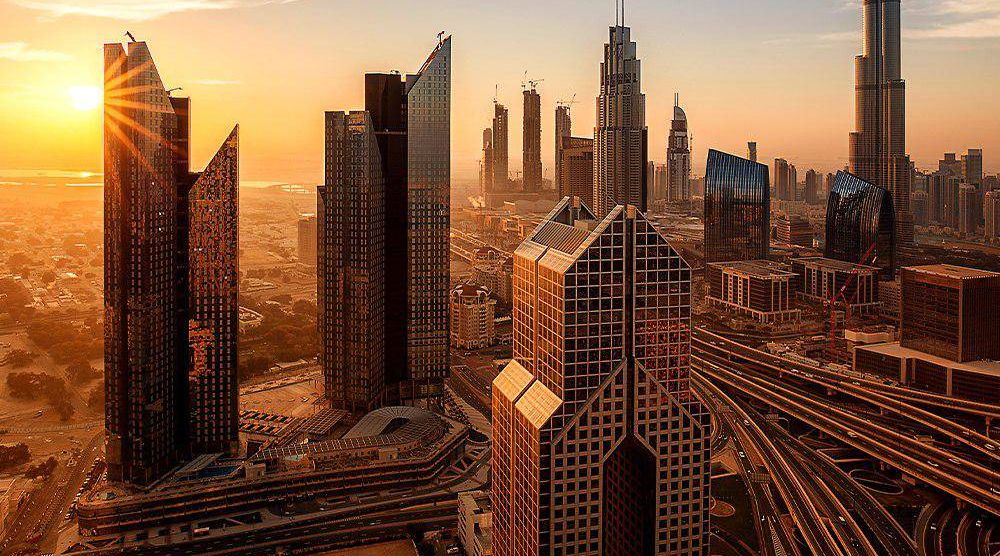Despite the heavy impact on the tourism industry due to the ongoing Covid-19, the United Arab Emirates recorded the second-highest hotel occupancy rate in the world last year. But this is not only the reason for the emiratis to be happy but they can also rejoice about the UAE tourism being the least affected and also the fastest to recover.
In 2020, the UAE witnessed 14.8 million hotel guests who have spent an average of 3.7 per night, a report revealed. The Ministry of the Economy also added to the claims that the tourism industry of the UAE was least affected due to covid in the world because of the efficient planning of the authorities who decided to open the business earlier than most other countries.
The World Tourism Organisation repealed statistics on Saturday which clearly showed that the UAE was second in terms of the hotel occupancies in the world and the establishments operated with a rate of 54.7 percent last year despite the covid-19 attack. It was only behind China, which has a rate of 58 percent. The United States however ranked number three in the world, when it comes to tourist occupancies.
Throughout the world, the rate of tourism dropped immensely. Globally, the rate dropped to 37 percent in the wake of the pandemic and if we talk about the Middle East region, the total occupancy was recorded to be just 43 percent. This is in parallel to the decline in tourist activity last year, which also fell by 74 percent around the world and 76 percent in the region.
Dr. Ahmad Belhoul Al Falasi, Minister of State for Entrepreneurship and Small and Medium Enterprises, also talked about how despite the challenges during Covid-19, there was quick recovery seen in the UAE. He said, “Despite the tremendous challenges it brought onto the industry, the pandemic also created new opportunities for domestic tourism.”
Domestic tourism was one of the driving factors of the economy last year. It contributed Dh41 bn to the national economy. This number, in coming years, is projected to see a rise but even for 2020, this is a huge sum as the covid had already disrupted most of the economies.
The Tourism organization's statistics also showed that the UAE was among the least to suffer in terms of tourist traffic last year. The activity fell by 45.2 percent--the lowest drop in the world. The UAE was followed by Mexico and then Italy where tourism fell by 53 percent and 63 percent respectively.
The data released by the Ministry of Economy also showed that the Hospitality establishment welcomes 14.8 million guests in 2020, who willingly spent 54.2 million nights in 1,089 different establishments that provided approximately 180,000 rooms.
Al falasis asserted that the tourism sector remained unaffected for the most part because of the tremendous efforts that were put forward by the relevant parties to ensure the health safety of the community. The UAE can benefit from its advanced infrastructure, modern facilities, and wide range of services and activities to promote itself as a tourist destination with a lot to offer visitors – be they UAE residents or travelers from abroad,” added Al Falasi.
This has been made possible because the UAE has effectively led the way for other countries. It taught the world how to swiftly open the borders for tourists without putting the life of the community at risk. Even Laurent A Voivenel, who is the senior vice president for Europe, Middle East Africa, and India at Swiss-Belhotel International, noted that Emirates has set an example in leading the way. “We have all been through an unprecedented challenging year. However, travel is everyone’s number one wish as the world waits for the new normal,” he said.
Another factor responsible for quick recovery was the Dubai Expo 2021. The expo has huge expectations as it will be witnessing the best talents of the world. It will be after a long time that the world will come together after the impact of a covid-19 pandemic.
 AR
AR UR
UR
